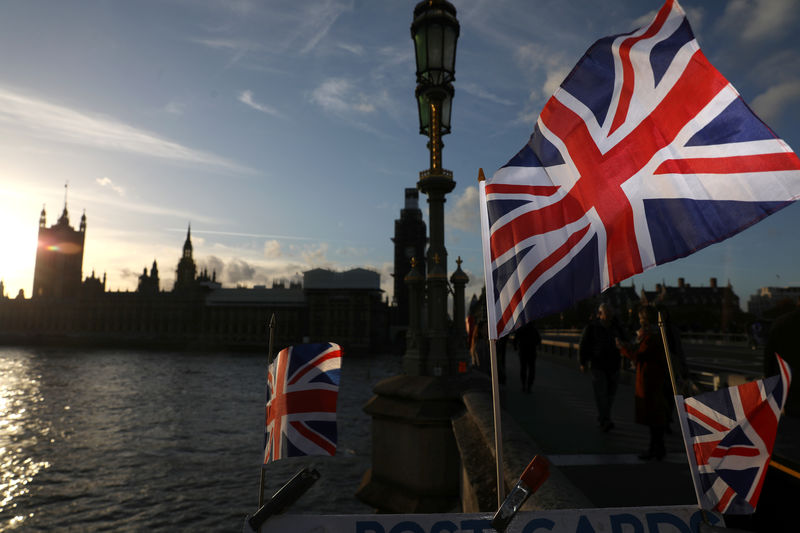This post was originally published on this site
https://i-invdn-com.akamaized.net/news/LYNXNPEEAC1G0_M.jpg
Investing.com — One of the few redeeming features of the pandemic was arguably that it allowed the U.K. and – to a far smaller degree – the rest of Europe to stop talking about Brexit for a while.
Those happy times are over. Sky News reported earlier that the Bank of England’s new Governor Andrew Bailey has warned British banks to step up their preparations for a ‘hard Brexit’ at the end of the year, when the current standstill transition period ends.
Meanwhile, the global chief operating officer of Nissan (OTC:NSANY), which spared its U.K. factory in last week’s radical restructuring exercise, is again warning that it will have to rethink the operation’s future if the two sides can’t agree tariff-free access to each other’s markets.
The U.K. and EU have until the end of June to decide whether or not they want to extend a transition arrangement that has created a “phony peace” in U.K. asset markets, allowing business with the EU to continue for another few months as if the country hadn’t actually left the bloc at the end of January.
The U.K., in particular, has shown no sign of wanting to extend this transition, meaning that the sudden loss of access to European markets for U.K. companies – and vice versa – remains a very real risk at the end of 2020.
There are a number of reasons for this. Firstly, the new government, having promised a liberation from the tyranny of Brussels, cannot afford to stay bound by the EU’s top court, as it currently is. Secondly, it calculates that the EU will be even less willing than usual to risk another short-term hit to its economy by imposing a “hard” Brexit, due to the immense challenges that the pandemic has created.
In truth, neither economy can really afford the luxury of further self-imposed hardship: Covid-1 has not been conquered in the U.K., despite the government’s relaxation of lockdown measures; business surveys released on Wednesday showed purchasing manager indices still barely above 30, well below the 50 level that usually signifies growth; and job losses are accelerating, as companies across the region come to the conclusion that even generous wage subsidy schemes aren’t enough to persuade them to keep workers on the payroll. Germany’s jobless rolls rose by 238,000 in May, well above the 200,000 rise expected.
(Markets didn’t care much about the data, pushing the Stoxx 600 up another 1.5% and the FTSE 100 up 1.4% in an increasingly desperate move by institutional investors to capture the rebound in beaten-down cyclical stocks).
Such pressures should – should – ensure that a worst-case outcome is avoided by a typically European compromise, which would justify the markets’ current lack of concern. However, the first rule of Brexit has, from the outset, been that economically rational outcomes are not guaranteed, and that the risks need to be priced in accordingly. That is being lost in a short-term scramble for performance.

